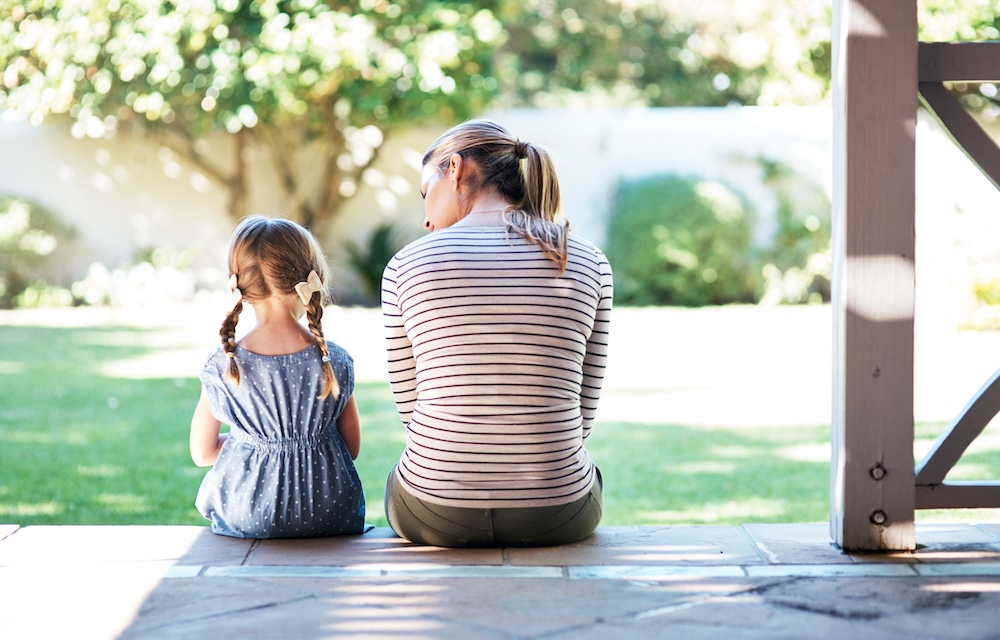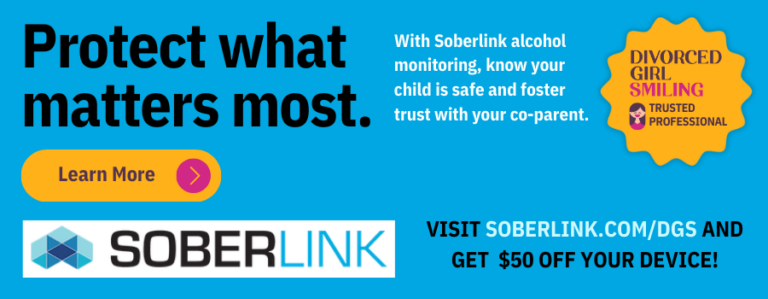Navigating the choppy waters of co-parenting is challenging under the best circumstances. But when coupled with feelings of loneliness, the pressures can magnify, increasing the risk of substance abuse and addiction. This delicate dynamic of loneliness and substance abuse is not just a personal struggle but often a silent one, hidden behind the daily routines of shared parenting responsibilities.
The Complexity of Co-Parenting
Co-parenting involves orchestrating the lives of children across two separate households. It demands constant communication, flexibility, and a united front, all for the best interests of the children involved. However, when the parents’ relationship has fractured, these interactions can become fraught with tension and emotional distress.
The loneliness that can emerge from this scenario isn’t just about being alone; it’s about feeling unsupported and misunderstood in your parenting role. This type of emotional isolation is particularly potent and can lead to unhealthy coping mechanisms, including substance abuse, which can then lead to addiction.
Understanding Loneliness in Co-Parents
Loneliness in co-parenting often stems from not having a partner to share the burdens of parenting. Decisions about schooling, health issues, and daily challenges are shouldered solo. The social isolation felt when one parent is physically alone with the children—especially on days marked by conflict or stress—can intensify feelings of loneliness.
Moreover, the transition periods between households can be stark reminders of the solitude that comes with co-parenting. These moments can trigger feelings of emptiness, leading some to turn to substances like alcohol or drugs as a temporary escape from the discomfort of their emotions.
Addiction Risks Linked to Emotional Strain
The link between emotional strain and addiction is well-documented. Individuals under continuous stress are more susceptible to substance abuse as they seek relief from their immediate reality. In the context of co-parenting, the stresses are multifaceted, involving logistical coordination, emotional regulation, and often, the management of lingering interpersonal conflicts with the other parent.
Alcohol, due to its accessibility and social acceptance, often becomes the substance of choice. It can start as a social drink or a way to unwind after a long day but can quickly escalate into dependence, particularly if used as a coping mechanism for loneliness or stress.
Signs of Substance Abuse in Co-Parents
Recognizing the signs of substance abuse in yourself or your co-parent can be crucial. These signs might include:
– Increased secrecy or defensiveness about activities and whereabouts.
– Changes in habits or behaviors, particularly those related to parenting duties.
– Unexplained financial problems or fluctuations in spending.
– Physical signs of addiction, such as changes in appearance, energy levels, or health.
Strategies for Managing Loneliness and Substance Abuse, and Reducing Addiction Risks
Addressing the roots of loneliness and mitigating the risks of addiction requires a proactive approach:
1. Strengthen Your Support Network:
Engage more deeply with friends, family members, or support groups who understand the unique pressures of co-parenting. Shared experiences can alleviate feelings of isolation.
2. Develop Healthy Coping Strategies:
Focus on building positive coping mechanisms, such as exercise, hobbies, or meditation. These activities not only provide healthy outlets for stress but also help cultivate a sense of personal fulfillment outside of parenting roles.
3. Seek Professional Help:
If loneliness or substance use begins to interfere with daily functioning or parenting, it may be time to seek professional help. Therapists or counselors can offer strategies and support for managing emotions and behaviors healthily and productively.
4. Use Alcohol Monitoring Tools Like Soberlink:
Systems like Soberlink can be invaluable in scenarios where alcohol abuse is a concern. Soberlink offers remote alcohol monitoring solutions specifically designed to enhance child safety and support healthy co-parenting agreements. Its portable devices and scheduled testing ensure that parents maintain accountability, promoting safety and transparency in situations where there are allegations of alcohol misuse. This adds an essential layer of trust and reliability to co-parenting arrangements, helping both parents navigate their responsibilities with greater confidence.
Soberlink: Proof of Sobriety at Your Fingertips
When indisputable proof of sobriety is needed, there’s no better option than Soberlink. Some of the system’s key features include:
- Prove Sobriety Anytime, Anywhere: Soberlink uses a discreet and portable, professional-grade breathalyzer designed for convenience and reliable results
- Zero Wait-Time: BAC test results from Soberlink’s breathalyzer are sent immediately to whoever is chosen via text or email
- Data at a Glance: Soberlink’s software uses AI to organize and display all the test results as either green (compliant), yellow (missed), or red (non-compliant) icons
- Know the Right Person is Testing: With a built-in camera and advanced facial recognition, Soberlink automatically verifies the identity, so there’s no way someone else can test for them
- No Room for Cheating: Equipped with sophisticated sensors, Soberlink can detect tampering attempts, including the use of air pumps
Conclusion
The journey of co-parenting is fraught with challenges that can lead to loneliness and an increased risk of addiction. By understanding these risks and implementing strategies to manage them, co-parents can protect their well-being and provide a stable, supportive environment for their children. It’s about finding balance and support in a landscape of shared responsibilities, ensuring that the challenges of today do not overshadow the successes of tomorrow.





















